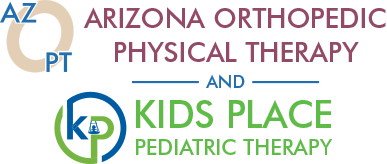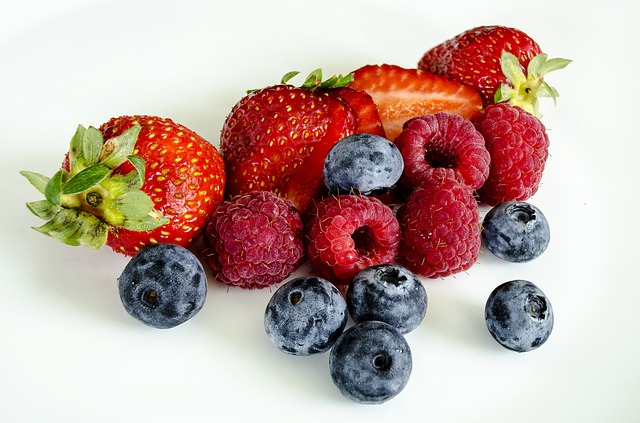Ask the Therapist: How Does Nutrition Affect My Physical Therapy?
Often time’s patients will ask if the food they eat before and after their physical therapy appointments will affect their rehabilitation results. Regardless of whether you are healing from a surgery, recovering from a sprain, or managing chronic pain – yes, the food and drink you consume does make a difference. As your body heals, it requires the proper fuels in order to achieve maximum results. So, let’s talk about what food and drink choices are best throughout your physical therapy plan.
What should I eat before physical therapy?
Before you go to your physical therapy appointment, consider eating a light snack to avoid a drop in blood sugar during exercise. This drop can lead to headaches, dizziness, and muscle cramps. A light snack should include a source of protein for energy, such as peanut butter, nuts, and/or meat. If you combine this protein with a healthy carbohydrate, it will keep you feeling full as you exercise.
When you are deciding on a healthy carbohydrate, avoid foods that promote inflammation, such as soda, white bread and pastries, margarine and lard, fried foods, and processed meat. Inflammation is the body’s natural healing process, but excessive inflammation can lead to muscle atrophy and tissue changes that increase the risk of further damage. Instead, focus on consuming anti-inflammatory foods, such as strawberries, blueberries, tomatoes, salmon, tuna, spinach, almonds, and walnuts.
What should I eat after physical therapy?
After your appointment, it is important to replenish the water, carbohydrates, and electrolytes that were lost. Beyond water, chocolate milk is a fan favorite, as well as any type of sports drink. Additionally, consider one of the anti-inflammatory foods mentioned above alongside a source of protein.
After exercising, you may feel drained, and perhaps develop fatigue or muscle soreness. To combat this, consume snacks or drinks high in anti-oxidants such as blueberries, cherries, and other delicious fruits. Adding protein will help repair and replenish your muscles and reduce soreness.
How will my overall diet affect my rehabilitation?
Throughout your physical therapy treatment plan, there are many additional ways a balanced diet will help promote healing and overall wellness. For example, Vitamin D is an essential component of bone and skin health. Good sources of Vitamin D include salmon, tuna, milk, yogurt, and eggs.
Many people who come to physical therapy are consuming pain medication, therefore, it is important to ensure adequate fiber intake to keep the digestive system healthy. Foods that are high in fiber include raspberries, beans, peas, nuts, and various types of cereal.
Please consult with your AZOPT physical therapist, who can help guide you with better food choices throughout your treatment plan!
AZOPT provides the best physical therapy in Arizona. With locations in Goodyear, Gilbert, Glendale, Buckeye and Prescott, we’re here to serve the valley through excellent physical therapy! Visit out website to learn more.
References:
http://www.health.harvard.edu/staying-healthy/foods-that-fight-inflammation
http://www.fitnessmagazine.com/recipes/healthy-eating/nutrition/best-workout-foods/?page=12
http://www.nationwidechildrens.org/swelling-bodys-reaction-to-injury
https://ods.od.nih.gov/factsheets/VitaminD-HealthProfessional/
http://www.livestrong.com/article/376969-the-best-food-to-eat-for-muscle-soreness







